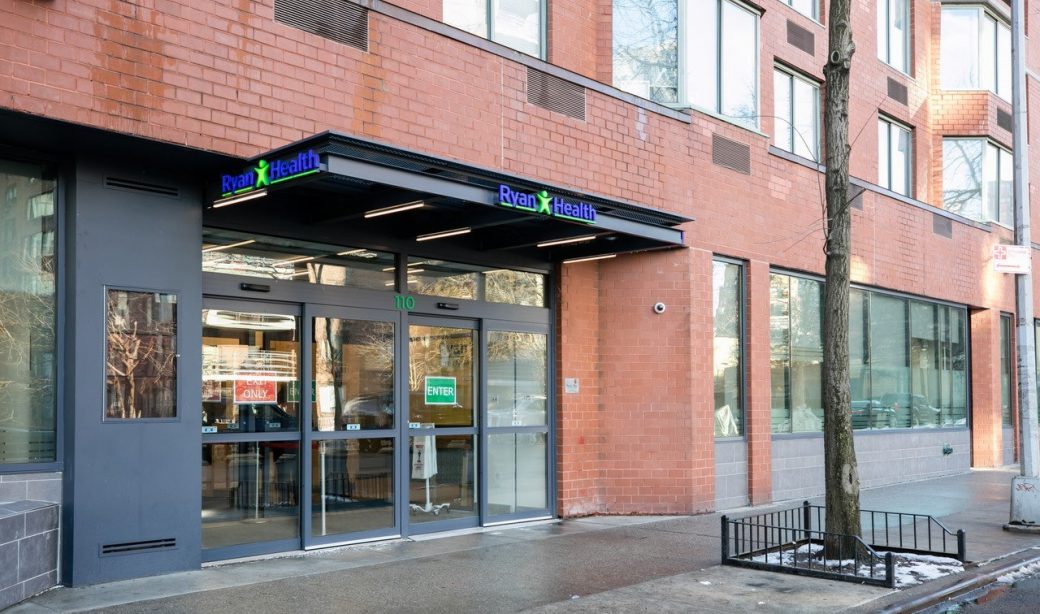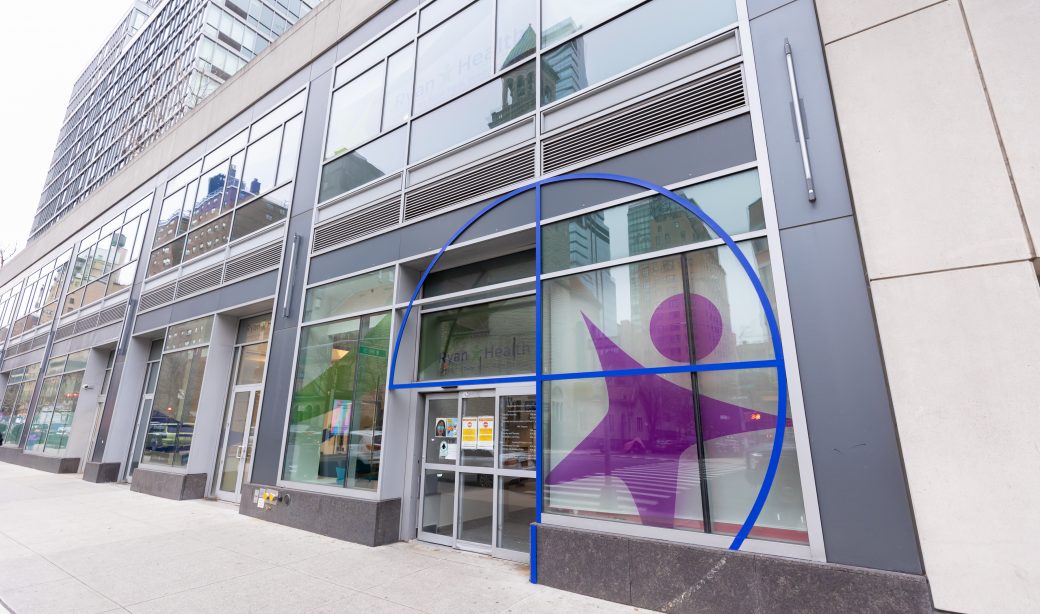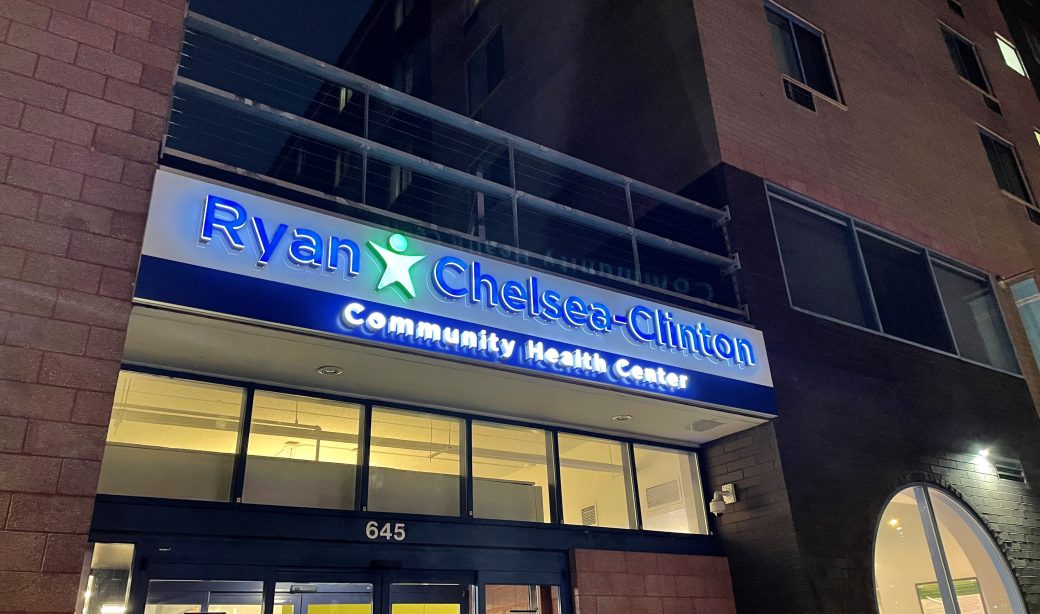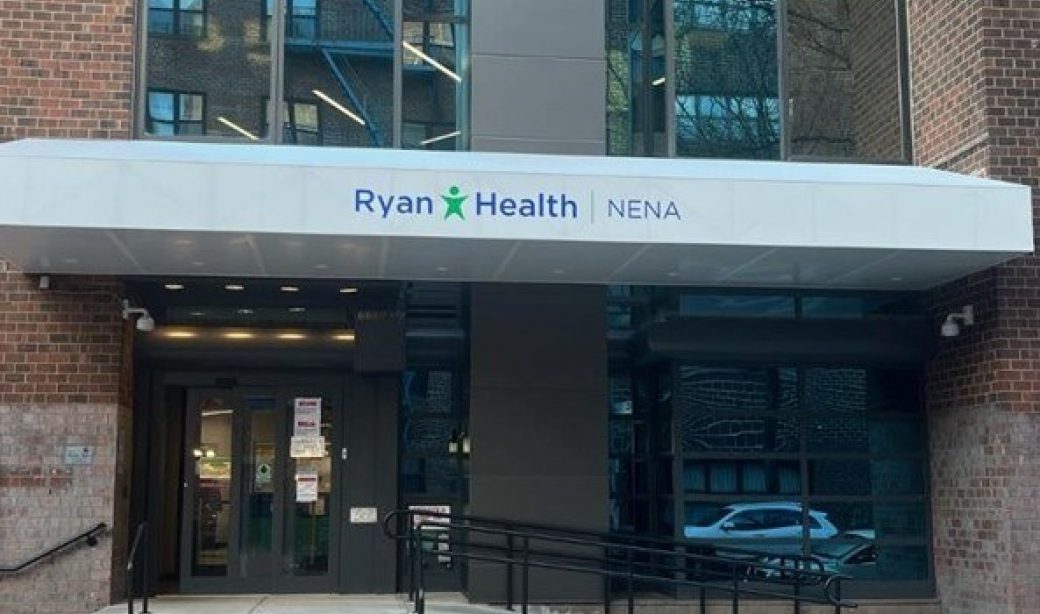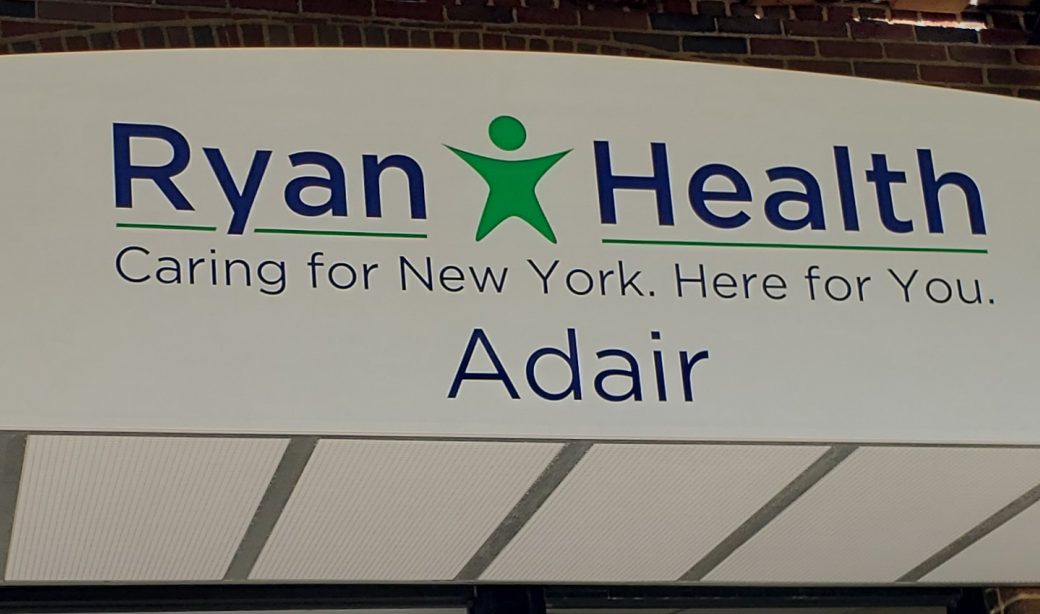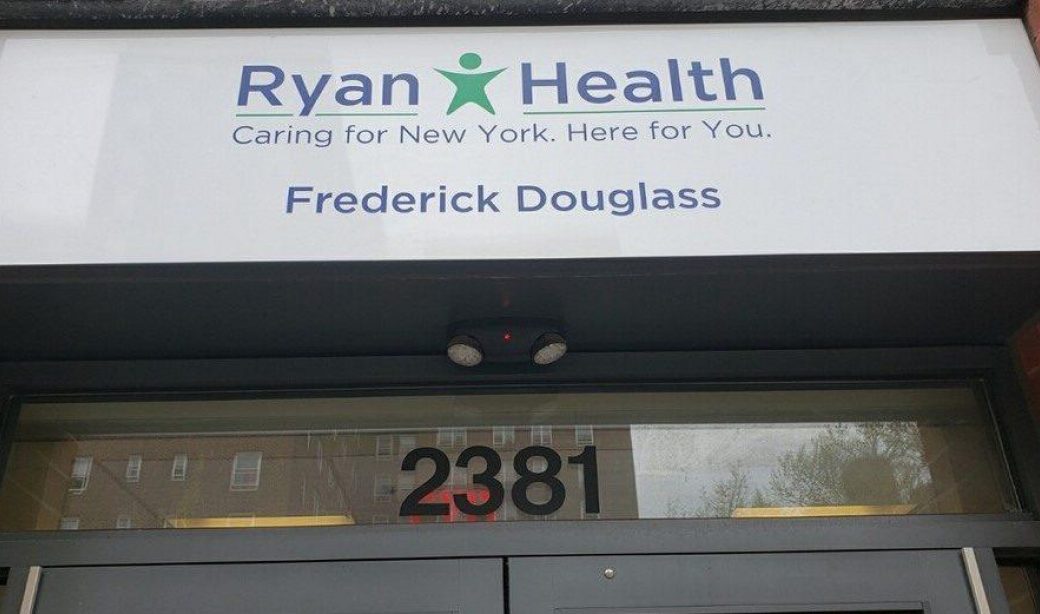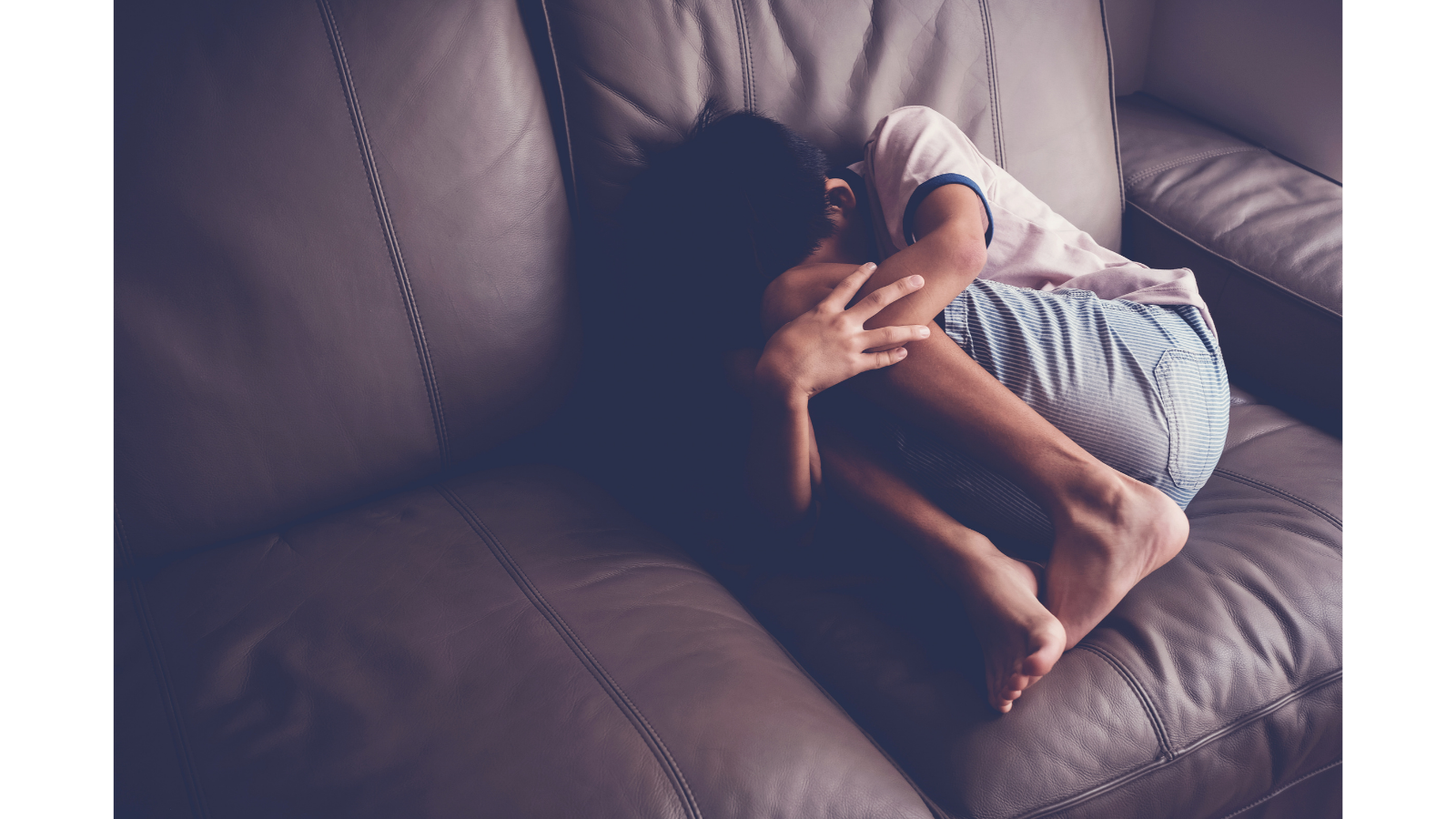
It’s no secret that the ongoing pandemic, among other things, has had an impact on mental health. The stresses related to work and school shutdowns, the physical health of our family and friends, and now economic woes are taking their toll on everyone.
Kids are among our most vulnerable members of society, and they struggle with mental health issues too.
“We’ve seen an increase in requests for services for children,” says Patricia Dickey, LCSW, Clinic Manager at the Ryan Health | Emotional Wellness Center.
Through internal referrals and self-referrals from the community, the Ryan Health | Emotional Wellness Center (EWC) treats children, teens, and adults. The Emotional Wellness Center accepts patients for both short- and long-term treatment of a wide range of diagnoses. The EWC offers psychiatric treatment through one psychiatrist and one psychiatric nurse practitioner as well as short- and long-term psychotherapy, which is provided by our staff of Licensed Clinical Social Workers.
By contrast, the Behavioral Health Integration (BHI) team sees patients with mild to moderate mental health needs in the short term. The BHI approach to therapy treats presenting mental health symptoms through problem-solving and improving coping skills.
What is triggering the surge in mental health issues right now? “It’s easy to say it’s Covid, but that’s only a part of it,” says Jennifer Mariaschin, LCSW, Director of Behavioral Health Integration at Ryan Health. “Covid allowed for conditions to fester that were already there. An anxious kid is going to be more anxious at home. A kid who’s depressed is going to feel increasingly depressed due to isolation, stress, and lack of access to care.
“A lot of the secondary issues that go on due to the social determinants of health (SDOH) — those social and economic factors out of our control that make day to day life, and access to health and mental health care, more difficult— were amplified so much because the pandemic just pushed people over the edge. Add in the isolation and limited access to care during the pandemic, and kids who weren’t in school to get a referral, and disaster just struck all around.”
Dickey agrees. “Children have been with their families all day, rather than in school, which can be stressful for parents and children. Teachers are more aware of children's mental health issues and so while teachers have always made referrals, some of the more serious and urgent requests for services are now coming from them.”
Both Mariaschin and Dickey agree that remote therapy is challenging for small children because they’re easily distracted and benefit more from in-person therapy, where they can speak freely and roam around the office. Counseling for small children utilizes toys, games, and art because play is their language.
“But children respond well to therapy,” Dickey says. “They feel that you’re their special friend and you’re going to pay attention to them. And we do. It’s a relief to have an adult listening to them and involving their parents in treatment that centers on helping the child to feel better. Children can be very resilient.
“We routinely involve families in session, more regularly with younger children,” she continues. “Not every week, and it depends on what the problem is. Some children are living in very difficult situations, and we can provide a safe place to process but they live with family and so they are important to the child’s well-being. But some families struggle, and we can be a safe and supportive place for them. The bottom line is that the kid is going home with the parents.”
Ryan Health’s school-based centers provide mental health counseling to students in schools during the school day. Therapists are embedded in the schools and treat patients there as well as at Ryan Health’s centers. During the quarantine, it was a big adjustment to provide therapy to children remotely.
One thing both Dickey and Mariaschin report is that there is an increase in the number of kids of all ages reporting that they have thoughts that they might be better off dead, wish they were never born, or want to die, also known as “suicidal ideation.”
“They may not mean that they want to actively die by suicide, and the little kids may not even know what it means, but they say it,” Dickey says. Sometimes this is how kids express frustration, and other times they actually do mean it, which can be very scary for parents and caregivers."
“We’ve had referrals for suicide and self-harm,” Mariaschin says. “When a kid says that they wish they were dead, it must be taken seriously and can reveal very serious underlying mental health issues. In addition to suicidal ideation and self-harm, longer-term and potentially underlying issues like depression and anxiety were triggered by Covid. Covid was a trigger for some people, and the whole world seems to have had an adjustment disorder.”
To schedule an appointment for your child:
Behavioral Health Integration is a program for short-term therapy where a patient is referred by their Primary Care Provider to a therapist where they receive care. In-person and Telehealth visits are available.
The Emotional Wellness Center takes self-referrals and is for longer-term treatment. To make an appointment call 212-769-7200 on the Upper West Side or 212-477-8500 on the Lower East Side.
If you are considering harming yourself, please contact one of these organizations:
